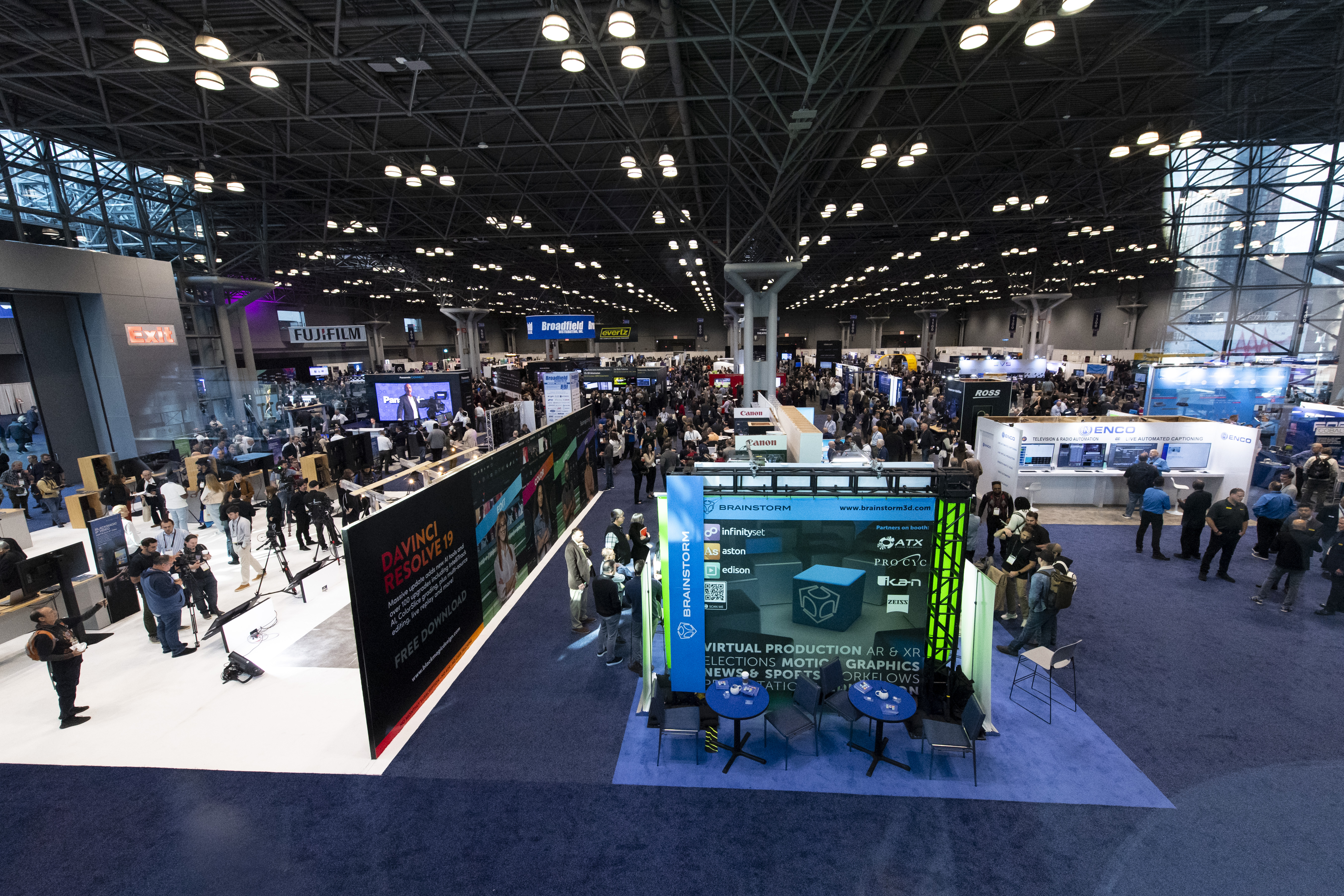Ultraviolet launches in UK, but still has work to do in Europe

The UK launch this month of the Digital0 Entertainment Content Ecosystem’s Ultraviolet digital locker has been hailed as a milestone by key members of the consortium such as Warner Brothers and Sony, but also highlights the amount of lobbying still to be done to achieve its ambition of being the universal “DVD of the Internet.” For one thing, it has to see off the rival KeyChest platform being promoted by Disney, as well as possibly separate initiatives from Apple and Amazon. It has also to win round many European pay-TV operators, who are keen on the idea of the digital locker to recreate over the Internet the value of the traditional DVD as a universal content source, but see Ultraviolet as being too U.S.-centric. Operators such as France Telecom Orange have expressed concern over the fact that the Ultraviolet rights locker is hosted in the U.S., and have been considering launching their own initiatives. In fact, European pay-TV operators such as Canal Plus in France have been deploying TV Anywhere for some time, enabling streaming to tablets, PCs and the Xbox console, and are now looking to add that final vital facility, which is digital rights associated with a physical DVD.
There are also concerns over security, arising because UltraViolet supports five DRM (Digital Rights Management) systems in order to provide flexibility for different deployments and content protection requirements. This is supposed to increase its appeal, but has also been flagged as an issue by some rights holders, and also analysis and broadcast consulting specialists like London based Farncombe. In the past, pay-TV operators had problems with piracy and theft of service, even when they owned the infrastructure, until the content protection industry developed technology and enabled continuous updating. Farncombe fears that in the new era of digital rights lockers the industry is going to have to fight pirates all over again. Farncombe’s managing partner, Jean-Marc Racine, pointed out that, in the new world of the digital locker, premium content would be available online via Ultraviolet at the same time as DVD. Furthermore, in the case of many Hollywood blockbuster movies, the U.S. release via Ultraviolet could predate original theatrical release in continental Europe. The result is that the digital content will be highly valuable and become a prime target for pirates.
“At that time in its lifecycle the value of the content is almost at its peak,” Racine noted. “It’s creating an incentive for pirates to find ways of getting at the content at that point in time.”
Racine emphasized that Ultraviolet developers had been aware of the issues and developed a robust ecosystem with checks to protect against attack at various points in the ecosystem. But, he pointed out that, in the past, the weak link has been in interfaces between components, and that until Ultraviolet has been deployed for a while, it won’t become clear where pirates are attacking and what vulnerabilities there might be.
Digital lockers like Ultraviolet have the common objective of allowing a consumer to purchase content once and then play it on all their devices wherever they are. At least that is the theory, and although Ultraviolet is rolling out, after being launched first in the U.S. in Oct. 2011, there is a ways to go before content is universally available everywhere. And, there have been some teething problems on Apple iOS devices. Although all lockers have the same objective, the implementations vary. In Ultraviolet’s case, it is only the rights that are stored in its cloud hosted in the U.S., not the content itself. This was supposed to meet objections from rights holders outside the U.S., and also avoids the need for Ultraviolet to provide storage and bandwidth used for accessing the media. In addition, by only managing the rights and licensing of content, new security and other technologies can be implemented more easily without major platform changes. But UltraViolet (UV) will need some form of ecosystem within each country so that UV-enabled content can be delivered and uploaded via each platform, which will mediate with the hosted rights management service in the U.S.
Disney’s KeyChest uses a slightly different model, aiming to store the media itself as well as the rights in the cloud, rather as Google Docs does. Although announcements from other key players outside Ultraviolet, primarily Apple and Amazon, have yet to come, it looks like they also could promote a digital locker model based on cloud storage, since both have done that for music. For example, Amazon launched its Cloud Player in the U.S. in March 2011, allowing users to upload their existing music library and other songs purchased through online stores, including Apple’s iTunes, and listen to them on any smartphone or computer running Google’s Android operating system. Furthermore, both Amazon and Apple have their own ecosystems in place that could support a digital locker system.
Apple had been expected to adopt the Disney KeyChest since it is a stakeholder, but there have been rumors it will introduce a different digital locker platform either at the end of 2011 or early 2012. As Racine noted, not much has been heard about KeyChest recently.
The professional video industry's #1 source for news, trends and product and tech information. Sign up below.
Indeed, Ultraviolet, despite the issues to be resolved, remains a firm favorite to become the most widely used digital locker, simply because it enjoys by far the greatest level of industry support. All studios apart from Disney are members of the DECE consortium, as are major CE makers like Sony and Panasonic, the other major technology players including Microsoft and Nokia, broadcasters such as BBC Worldwide and retailers of both online and DVD content such as Netflix, LoveFilm, FilmFlex and Tesco. Therefore, it cannot truly be accused of being over U.S.-centric, even though it is hosted there.
Given such strong backing, it is quite likely Apple and Amazon will be forced into supporting Ultraviolet even if they also promote their own digital locker with incentives for consumers to use it. Ultimately, the pressure for a uniform digital locker system as the basis for global OTT (Over The Top) and TV Everywhere deployment will be overwhelming. Racine believes the pressure to support UV will be felt first by broadband operators or Telcos that do not have much if any content of their own and are merely distributors. For them, UV will become a competitive necessity to enable customers to access UV-protected content from their devices. Owners of content, such as broadcasters, may resist UV for longer, perhaps hoping to retain control over their assets.
But, there are still some hoops to jump through even within the Ultraviolet community. While there are many members, only a few yet have signed up to provide content as licensees to the system. One that has is Warner Brothers, which released the first ever UV titles, “Horrible Bosses” and “Green Lantern,” in the U.S. in Oct. 2011. The first UV-enabled title in the UK will be Warner Brothers’ “Final Destination 5” on DVD, Blu-Ray and Triple Play on Dec. 26.
Following “Final Destination 5,” Warner Bros plans to use UV for all forthcoming home entertainment releases in the UK, including “Happy Feet Two, Sherlock Holmes: A Game of Shadows” and “The Dark Knight Rises.” As its UK managing director for television and digital distribution Chris Law stated, "By making ‘Final Destination 5’ and all future Warner Brothers theatrical new release titles UV enabled, we are offering consumers a simple and more compelling way to purchase, manage, access and share their movie collections digitally.”
The hope is that this simplicity itself will reduce piracy, providing the price is right, since consumers will be able legitimately to access content on some devices where currently illegal downloading is the easier or only option. DECE members also hope it will stimulate outright purchase rather than rental of content by offering universal access only for the former, and thereby boosting revenues.
Whether, as seems likely, UV wins the battle, or some other technology prevails, there is little doubt the digital locker is coming, opening up a new digital world for the consumer, and as Racine pointed out, a new era for the movie and broadcasting industries.
